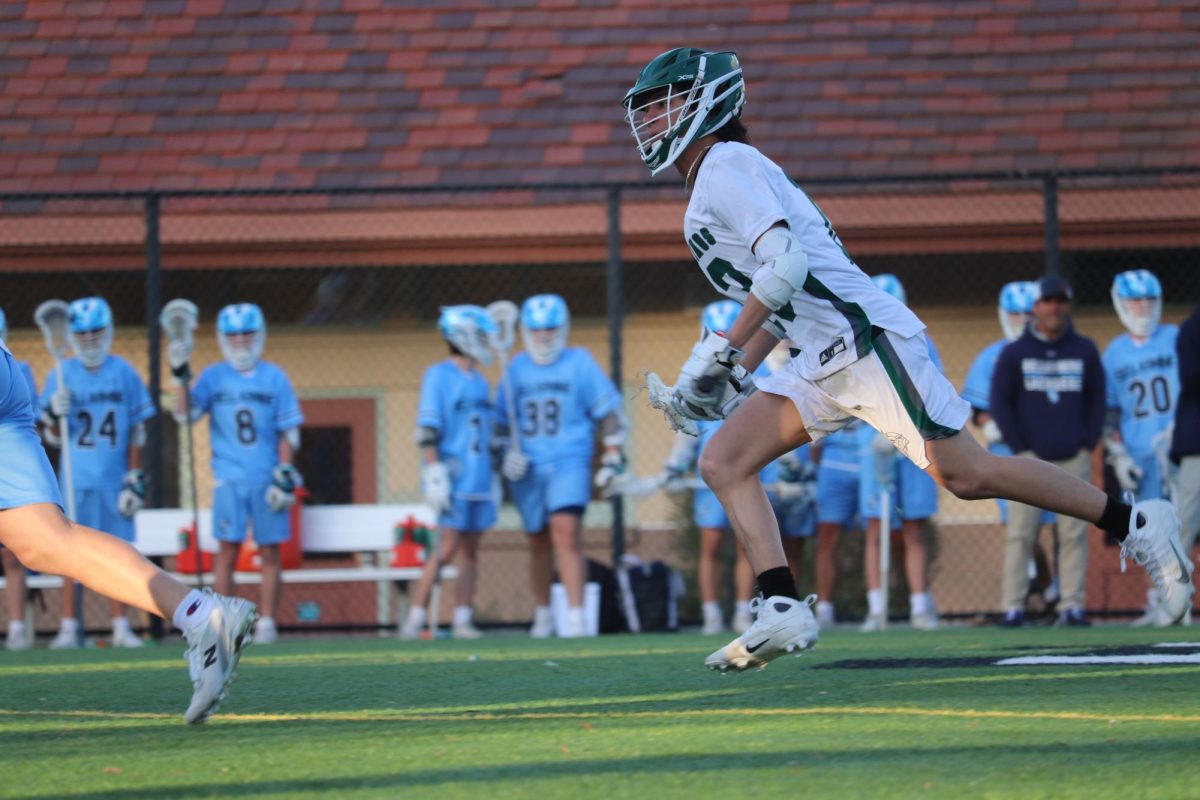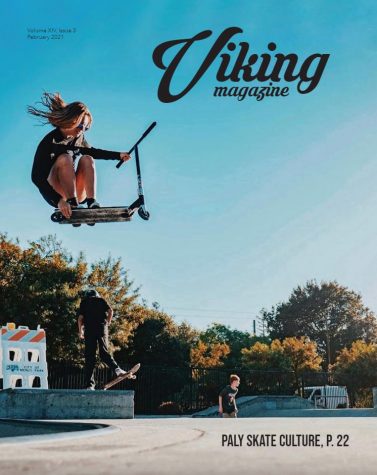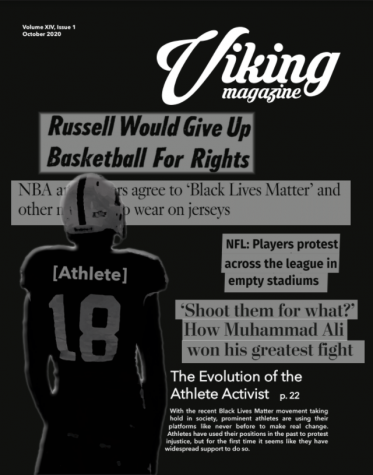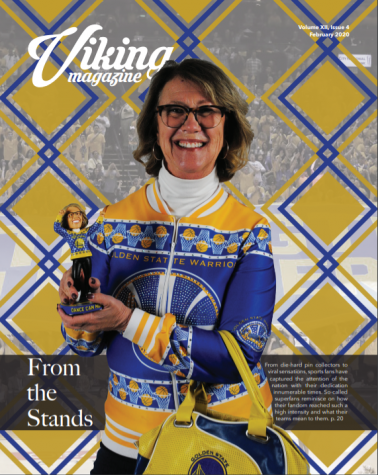More Than A Kick
December 9, 2020
The crisp afternoon air flowed through the empty seats of Vanderbilt Stadium as the Commodores left the locker room after halftime and took to the field. Standing in the middle of a sea of men, Sarah Fuller donned her black and gold jersey as she took her position as a kicker. When the whistle blew, Fuller rushed towards the ball and punted it forward, starting off the second half, as well as a monumental stage of women in sports.
Fuller didn’t attend Vanderbilt for football. She originally committed to the university as a keeper for the women’s soccer team. Starting nine out of 12 games protecting Vandy’s net in her senior year, Fuller achieved three shutouts and led the team to a 7-2 record. With an average of 0.97 goals allowed per game, which is the eighth-best in Vanderbilt history, Fuller clearly made a name for herself in the world of soccer.
It wasn’t until that fated Saturday in late November, six days after winning an SEC championship with her soccer team, that Fuller used her athletic prowess from soccer to enter the male-dominated sport of football. But let’s take a step back. How did a women’s soccer player end up lining up on the football field in the first place?
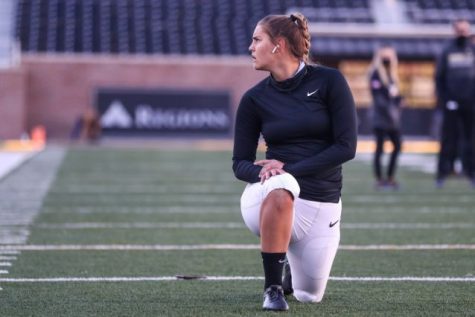
To make it simple, Vanderbilt’s special team roster, especially the kickers, had been wiped clean due to numerous coronavirus quarantines as well as troubles with contact tracing. With a game looming in the very near future, Commodores Head Coach Derek Mason needed a solution. So he turned to the women’s soccer team.
In a matter of days, Sarah Fuller packed her bags and headed to Columbia Missouri, en route to becoming the first female to play in a Power 5 college football game. This set of special circumstances effectively catapulted Fuller, as well as the significant impact of her actions, into the media spotlight.
Though Fuller only took the field for a moment, completing a squib kick to start the 3rd quarter, the legacy of that moment is certainly one that is going to forever be regarded as a redefining moment for females in sports. After the game, Fuller was met with a large amount of positivity and admiration from coaches, players, and fans. Fuller’s teammate Mike Wright tweeted out in support of the new addition to the team, saying that Fuller’s accomplishment was “Bigger than football” and that he was “proud of what my new teammate accomplished and excited for the change in sports.” Fuller also received a pre-game fist-bump from Missouri Head Coach Eliah Drinkwitz while warming up in Colombia.
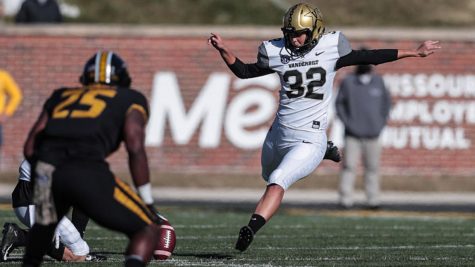
Paly student Lauren Chung thinks this moment is only the beginning of a new era in the world of sports. “I think that Fuller shows that females can play sports with males, and this could be applied to any sport, not just football,” Chung says.
However, with any historic event came a barrage of negative comments. Many insulted and mocked Fuller’s kickoff, noting that it only traveled around 37 yards. Others called it a publicity stunt, remarking that it was unnecessary to get a player from the women’s soccer team instead of the men’s. What the people participating in this wave of criticism are failing to understand is that the short distance was intentional and not an underperformance due to the fact that a female kicked the ball. At the end of the day, Vanderbilt needed a kicker that would execute, regardless of gender. Fuller did just that
It is important to note that Fuller isn’t the only one when it comes to breaking down the athletic gender barrier. Instances of females delving into male-dominated sports have been seen not only on the athlete side but on the coaching side as well. Shortly after Fuller made history, Callie Brownson, the Chief of Staff for the Cleveland Browns, became the first woman to coach in an NFL game, filling in for tight end coach Drew Petzing.
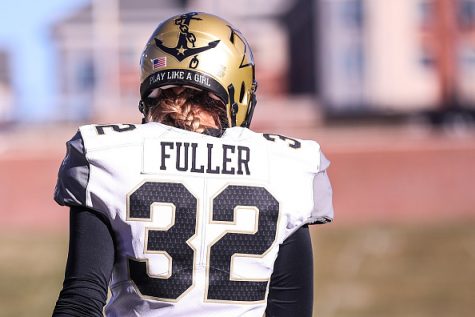
There have even been advancements at the high school level, with female interest in sports such as wrestling, flag football, ice hockey, and more on the rise. This spark in interest has even prompted the NCAA to recognize these sports as emerging female sports. This puts women on the road to being able to compete on full-fledged collegiate teams for sports that were never accepted before.
The ramifications of Fuller’s actions will continue to be felt, as the barriers impeding females from entering into such sports start to crumble. Fuller is not the end, and I guarantee that the amateur and professional sports world will be hearing more of this in the near future.




